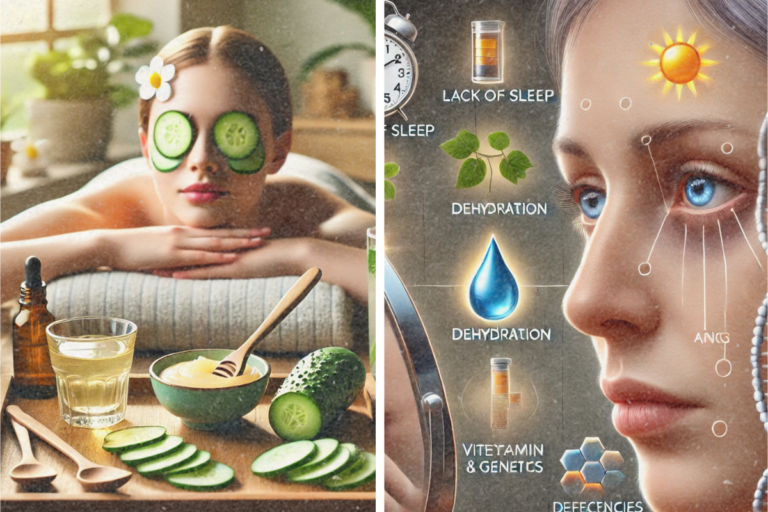Identifying and Managing Common Skin Problems: Tips for Clear and Healthy Skin

What is the largest organ in the entire human body? It shields us from damage, helps us regulate temperature, and makes us feel the world. But skin can also have issues sometimes. These issues can be a little thing, such as dry skin, or a big deal, for example an infection. In this article, we will look at skin issues that are more common, reasons behind that and how you can take care of your skin. You will have a clearer understanding by the end of how to work with these, and how to avoid them.
What Are Common Skin Problems?
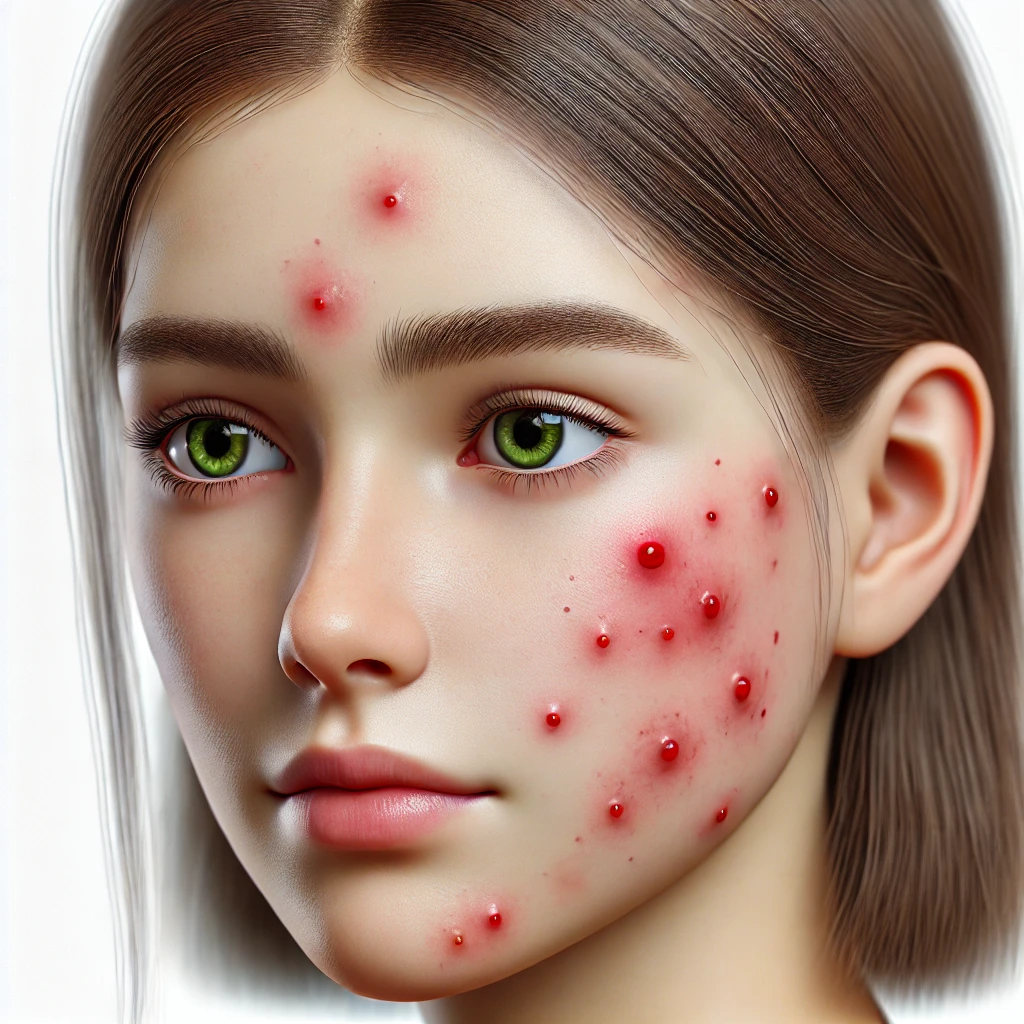
Skin issues are extremely common. These incidents can happen to anyone, regardless of age. Skin problems are very common, with acne, eczema, rashes and psoriasis as four of the most common skin problems. These have various causes, symptoms and treatments.
Of all the skin troubles, acne (or pimples) usually affect teenagers the most. Which results in pimples, blackheads, and whiteheads. Another common disease is eczema that causes your skin to become itchy, red, and dry. Here are some common ones: Rash: Rashes can be caused by a multitude of things including allergies or infections. Psoriasis leads to dry, crusty areas on the body. Getting insight into these issues will help you to give yourself better care.
How to Identify Your Skin Problem
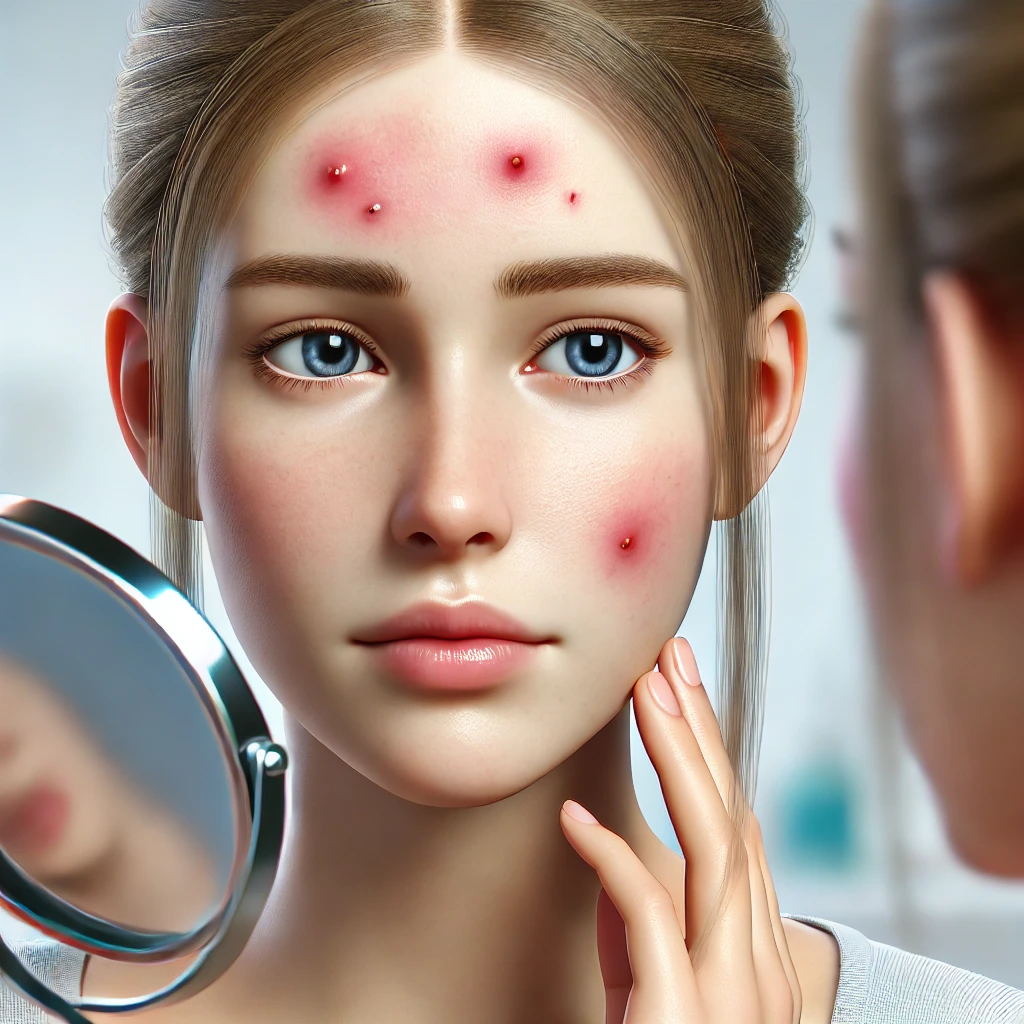
Do you ever look down at your wrist or your arm and just notice like a spot or a bump or a patch of redness or tonicity and you’re like. Recognizing a skin condition is not this easy. This is where it all starts — take a good look at your skin. Notice if there is color, size, itch, pain etc.
For instance, eczema might be your answer if your skin is itchy and red. If your skin has small, white bumps, You may be affected by acne. Scaly or flaky if the skin is scaling or flaking it may (psoriasis). In other cases, snapping a picture of your skin will help you keep notes of changes. There are apps which can analyse a photograph and help you identify skin problems, but these shouldn’t act as an alternative to a doctor’s advice.
What Causes Skin Problems?
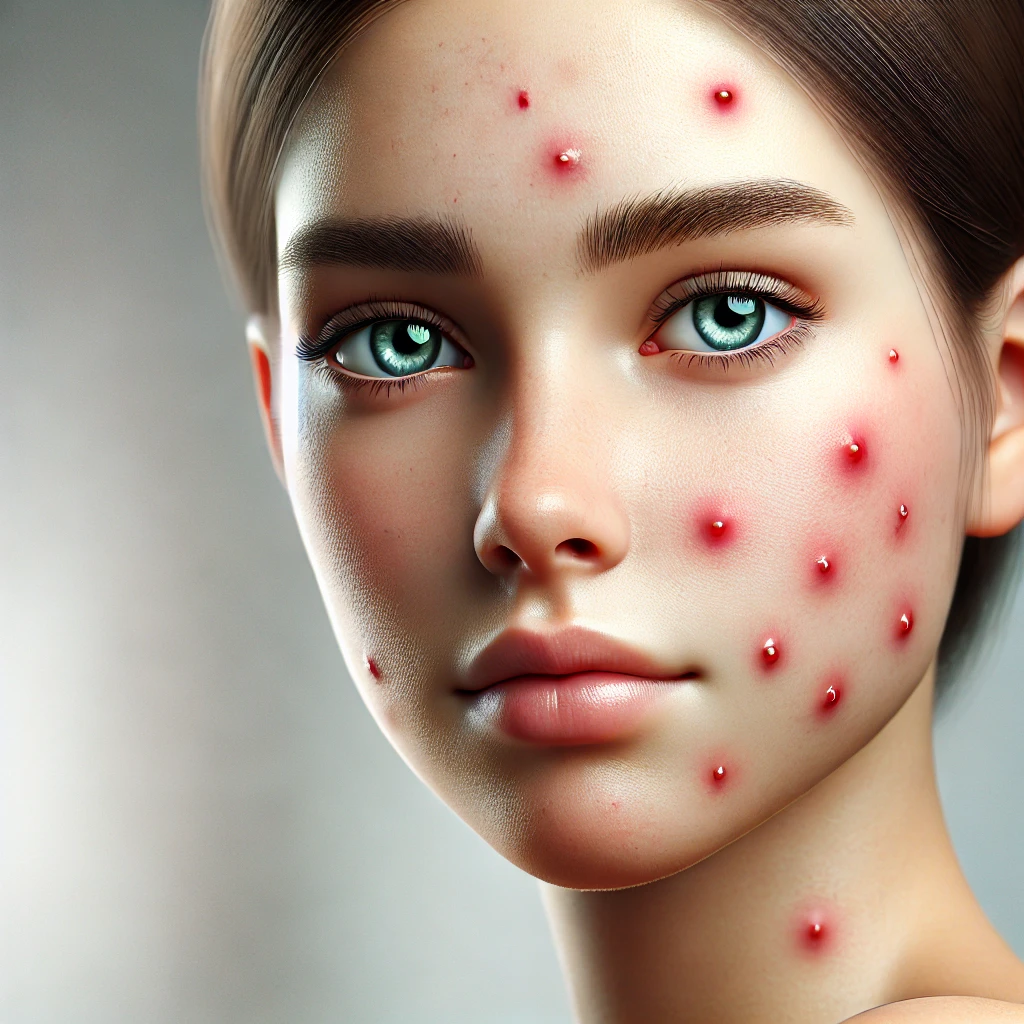
There are a variety of causes for the skin concerns. Some originate inside, such as with hormones or genetics, and others are external factors, such as sun or air quality. Acne, for instance, is often caused by clogged pores, bacteria, or hormonal changes.
Allergies, or irritants (harsh soaps) can cause eczema. Psoriasis is of autoimmune nature, meaning that the immune system of the organism attacks its own skin cells. Skin diseases worsen due to stress and unhealthy eating habits. Treating a skin problem starts with knowing the cause of it.
What Does a Rash Look Like?
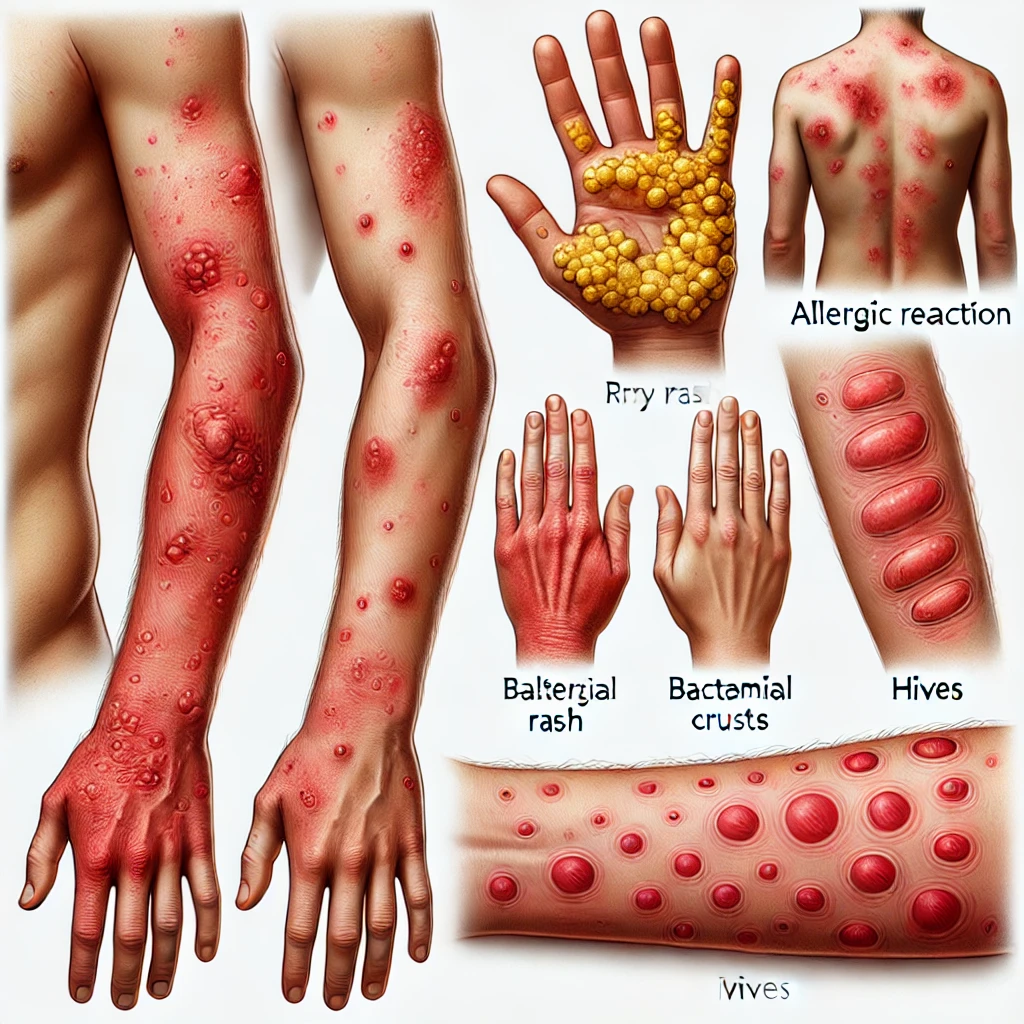
In terms of appearance, a rash can change with the cause, and rashes are common since the epidermis and dermis are thick. Rashes can be red, itchy, bumpy, or dry. Occasionally, the rashes spread over a large area while in others it stays small.
An example is: Allergic reactions – they typically cause rashes that are itchy and red. Bacterial rash may have some pus or yellow crusts. Stress is another possible trigger that causes rashes —typically hives, which are raised red welts. Don′t Ignore Your Rash If You Are Not Sure What It Is If the rash gets worse or does not go away, see a doctor.
What Does Eczema Look Like?
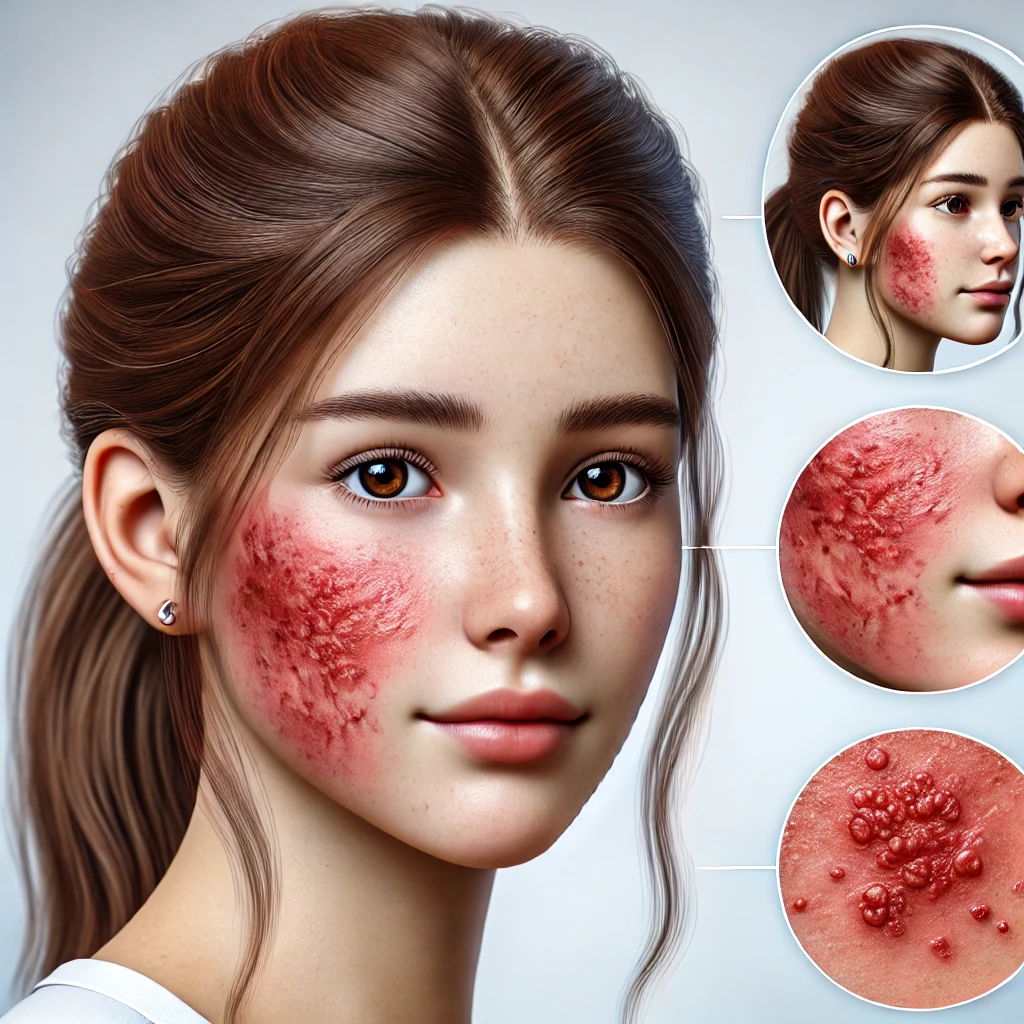
Eczema is a condition that causes your skin to become itchy, dry, and become red. It tends to show up in high friction areas, such as the elbow, knee, or hands. In infants, it can actually appear on the face. Patchy spots of thickened, scaly skin that may develop over time without treatment;
Firstly the condition of eczema is known to aggravate in winter or dry season. Staying away from irritants such as strong soaps, fragrances or some materials. But no matter where on that cycle you sit, daily skin moisturization is critical in managing your eczema. The doctor will sometimes give out creams or medicines that can help you manage your flare-ups.
What Does Psoriasis Look Like?
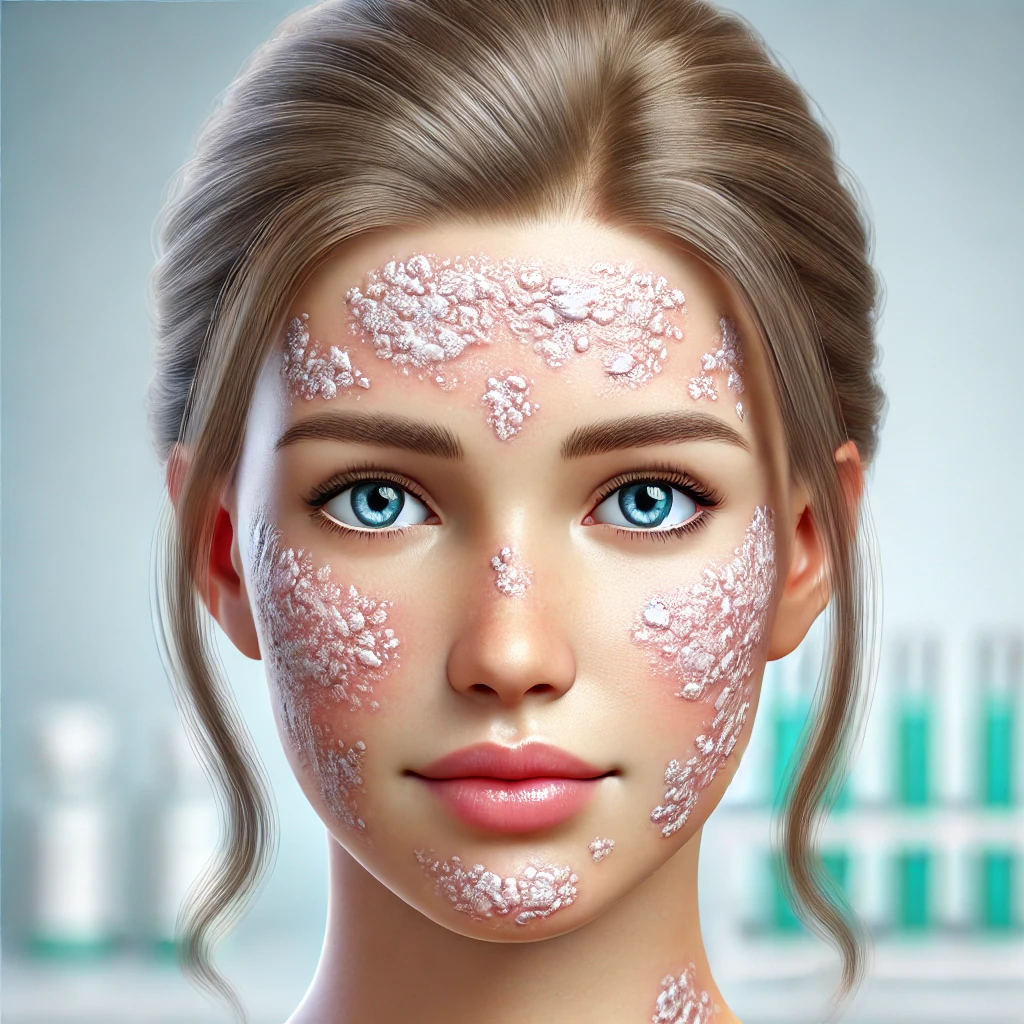
Having psoriasis is also a common skin problem that can make one very miserable. It results in thick, scaly skin that is usually white or silver in color. These patches may develop on the scalp, knees, elbows or lower back. It might also be itchy or painful like psoriasis.
The condition occurs when skin cells multiply too quickly. You may include stress, illnesses or chilly temperatures. While psoriasis is a chronic disease, it is also treatable with creams, light therapy or medicine. Consulting a dermatologist is the most effective way to manage psoriasis.
Can I Take a Picture of My Rash to Identify It?
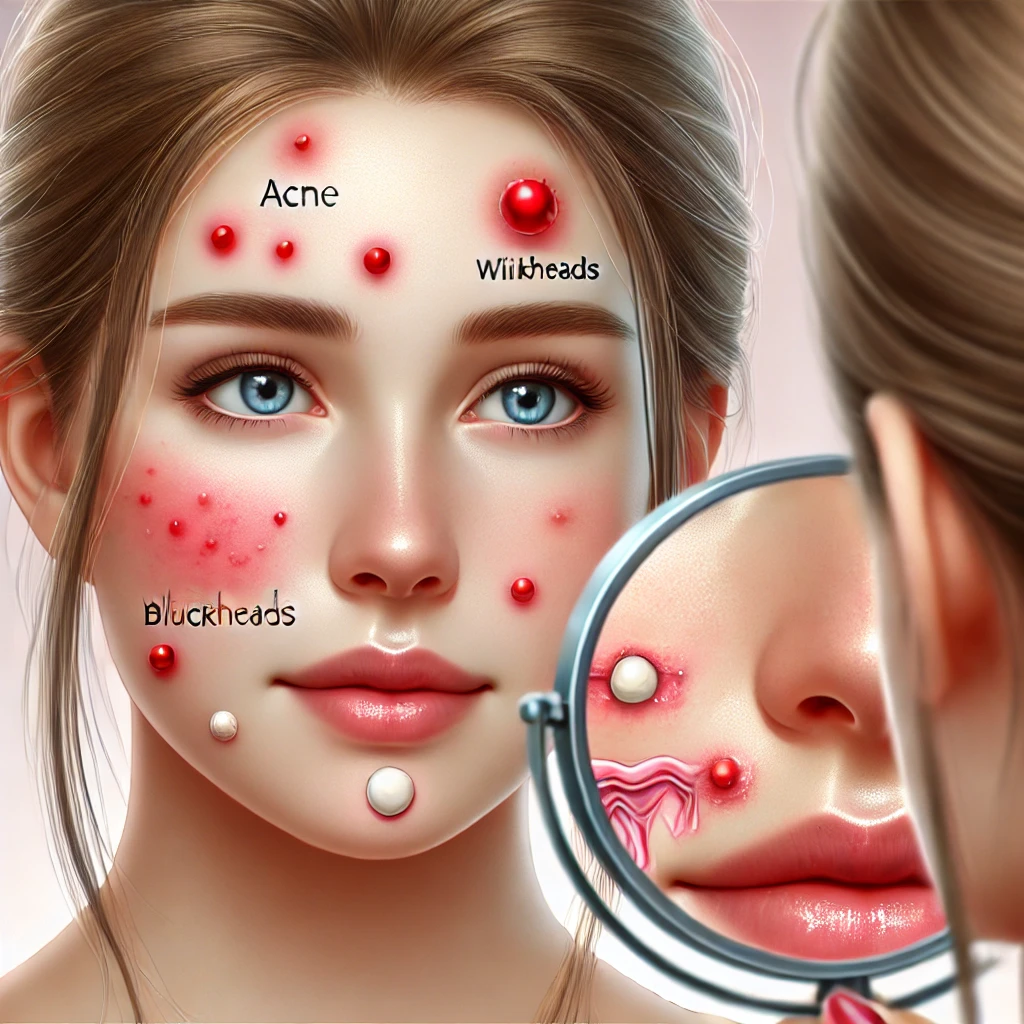
A picture of your rash — certainly, it can be helpful. It allows you to track changes over time, while some apps will analyze the photo to point out the potential reasons. This comes in handy if you have no idea what is going on with your skin.
But apps are not bug-proof. They can provide you with an idea of what the issue may be, but they are no substitute for expert guidance. You should definitely see a dermatologist if, for instance, your rash appears strange, or if you observe no signs of improvement. Only a doctor can provide you with an accurate diagnosis and the appropriate treatment.
What Causes Skin Inflammation?

Skin inflammation occurs when the body has an immune response to something that it perceives as a threat. This can be triggered by an allergen, bacteria, or a physical injury. Inflammation gives rise to redness, swelling, and in some cases pain in the skin.
An example will be the allergic reaction caused by contact with poison ivy, which causes skin inflammation. Some skin complaints, such as eczema or psoriasis can also give rise to inflammation. Refrain from scratching the area and use soothing products, such as aloe vera or anti-inflammatory creams, to reduce the inflammation.
How to Keep Your Skin Healthy

Radiant skin comes with developing healthy habits on a daily basis. Staying hydrated through drinking water gives you healthy and glowy skin. Fruits and vegetables have the vitamins that your skin needs to heal itself. Skin healthy foods containing vitamin C and E.
Also, be sure to use gentle products on your skin. Use soaps and moisturizers designed for sensitive skin. Rain or shine, always apply sunscreen. Dude, sun protection protects you from damage (that leads to wrinkles or even skin cancer).
How to Treat Common Skin Problems at Home

There are few skin issues that can be treated at home easily. For instance, warm compresses can help ease the soreness of acne. Eczema skin lacks these lipids, and moisturizers with the ingredient ceramide literally repair the skin’s barrier.
So if it is rash, you can use calamine lotion to relieve itching. Flare-ups of psoriasis can be minimised by keeping your skin moisturised, and eliminating or reducing stress. However, you should call a doctor if you’re not feeling better after a couple days.
When to See a Doctor for Skin Problems
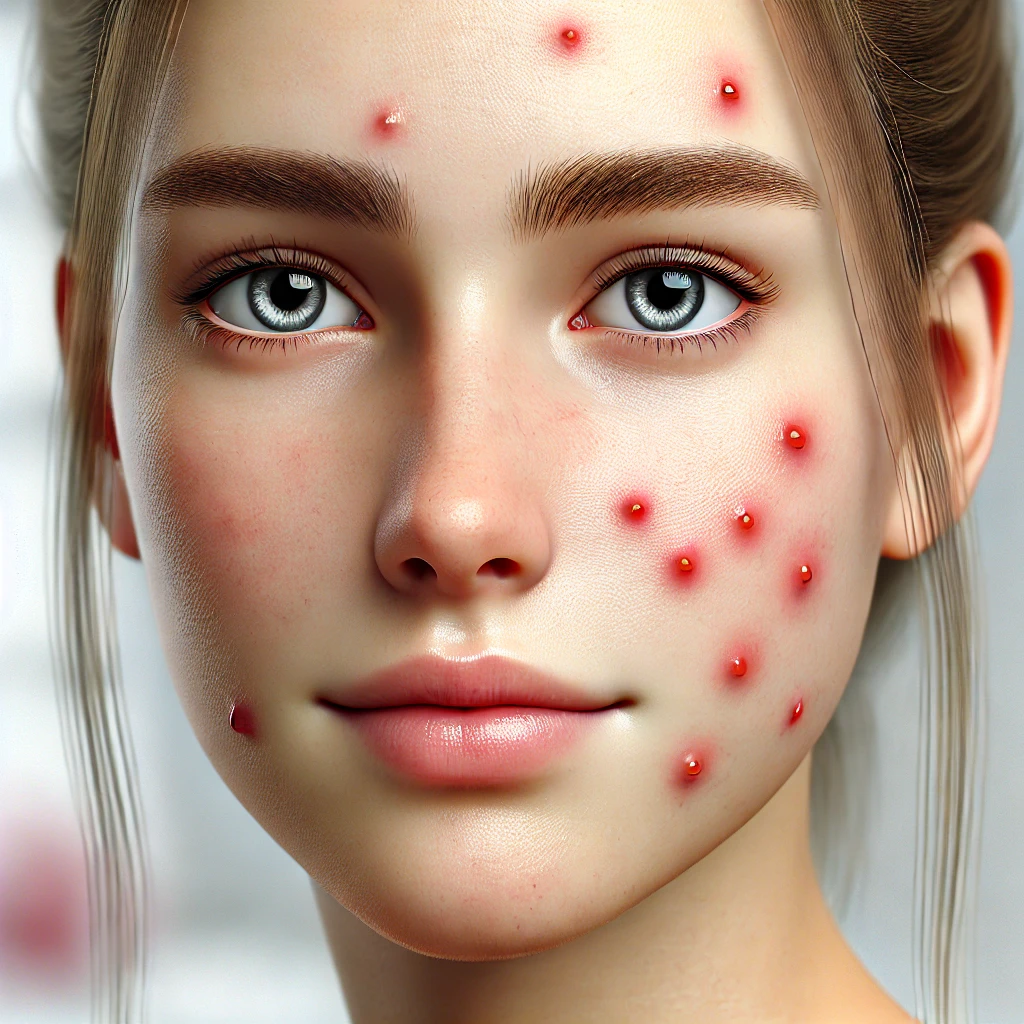
Some skin issues cannot be fixed at home. If you notice that the rash expandings, it is painful,or oozes pus, you need to visit the doctor. If you have severe acne or your psoriasis is not clearing up, a dermatologist can be helpful, too.
Skin issues may occasionally indicate a larger problem, such as an infection or autoimmune disease (47). It is always preferable to treat early. A physician can prescribe right medications or refer you for advanced treatment procedures such as light therapy.
Apps and Tools for Skin Care
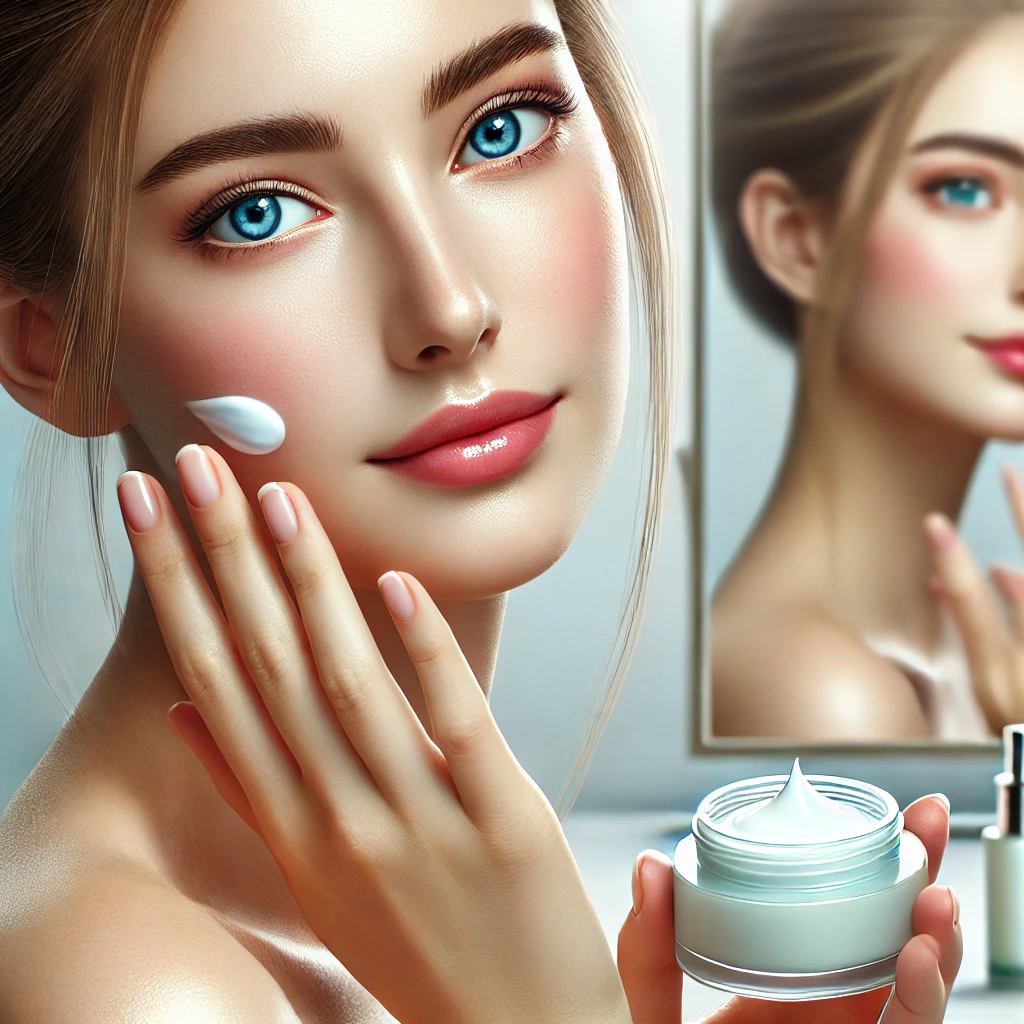
In this aspect, technology can turn out to be a great helping hand when it comes to taking care of your skin. You can find apps for photos of your skin or monitoring your skincare. Particularly those that tell you to use sunblock or hydrate!
But they should be used with caution. Apps are not a substitute for professional medical care but will provide you with a general guideline of advice. If unsure, always validate your results with a physician.
Final Thoughts on Skin Care

Your skin is involved in your health. If you care for it on a daily basis, you can avoid a lot of issues. But even simple things such as drinking enough water, eating healthy foods and a few natural products can maintain your skin.
Whatever you can see that might be wrong, do not wait for a miracle to happen. The sooner you treat an excuse the easier it is to handle. For every skin problem — acne, eczema, or a rash, there is a cure. Consult a doctor whenever necessary & pamper your skin because it is worth it!





